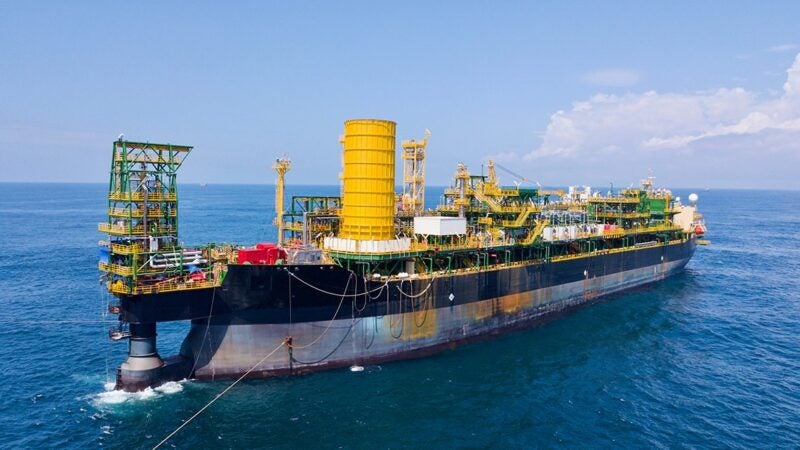
Eni has achieved the start of production of oil and gas from the Baleine field in the waters of Côte d’Ivoire, just under two years after making the hydrocarbon discovery in September 2021.
The milestone for the Italian energy company comes less than 18 months after taking the final investment decision (FID) on the African oil and gas project.
Eni CEO Claudio Descalzi said: “The first oil from Baleine is a milestone in Eni’s operations. Stemming from an extraordinary exploration success, we have achieved an industry-leading time-to-market of under two years from the declaration of commercial discovery.
“This outcome expresses the core principles of our strategy, encompassing Africa’s pioneering net-zero project, accelerated development, local gas supply, and the promotion of a just transition”.
According to Eni, currently, Baleine is the largest hydrocarbon find in the Ivorian sedimentary basin. The company is partnered with Ivorian state-owned national oil and gas company PetroCi in the offshore oil and gas field that is spread over the CI-101 and CI-802 blocks.
The Baleine field will see a multi-phase development to exploit the estimated 2.5 billion barrels of oil and 3.3 trillion cubic feet of associated gas in place. The project involves the development of the oil discovery made in the CI-101 block in 2021 and the Baleine East discovery made in July 2022 in the CI-802 block.
During the initial phase, production is carried out using the Baleine floating production storage and offloading (FPSO) unit. Formerly called FPSO Firenze, the vessel has been refurbished and upgraded to handle up to 15,000 barrels per day (bbl/d) of oil and approximately 25 million cubic feet per day (Mscf/d) of associated gas.
Phase 2 of the Baleine field development is anticipated to commence by the end of next year. It is expected to boost field production to 50,000bbl/d of oil and around 70Mscf/d of associated gas.
The objective of the third development phase will be to raise the output to 150,000bbl/d of oil and 200Mscf/d of gas.
All the gas produced from the Baleine field during the initial phase of development as well as the subsequent phases will be transported onshore via a newly built pipeline. This infrastructure will allow Côte d’Ivoire to fulfil its domestic electricity market requirements, enhance energy accessibility, and reinforce its position as a regional energy hub for neighbouring nations, said Eni.




